Adults who visit an elementary school library will experience various thoughts. Look at how skinny these books are. Look at how many books are in this library. How can all of these books get the attention that they deserve? As The Seas Rise is an illustrated book with noble intentions but is five eras too late. The rise of sea level and climate change is science, it’s happening, but I would argue that some books do more to damage the greater cause than the good that it intends. For example, if this book were more informational about sunny day flooding then it would have more of a punch and immediacy. As it stands, the book melds one strong issue, a soft character portrait, and an environmental issue that’s tough for kids to comprehend into a listless illustrated story adrift in a crowded library of better books.
An eco book too far, save paper. Don’t buy it.Category: Non-fiction
Big Book of Vehicles, a tactile picture book with great illustrations
What if Eric Carle illustrated one of Richard Scarry’s books with a more narrative vibe? First off, let’s remind you that Eric Carle is the illustrator behind Brown Bear, Brown Bear, What Do You See? and Richard Scarry is the author and illustrator of over 300 books that show young children the myriad of things that happen or exist in their town. Big Book of Vehicles is a picture book that is all about the things that move. Some of them go in the air, on the water, underground, have people, cargo or move in the mountains, but they all go and kids will be able to turn to any page in this book and lose themselves in the best of all possible book ways.
Little Explorers, Big facts, big fun for ages 3 and upThe Day the River Caught Fire, stranger than fiction kid lit for elementary
Which came first the chicken or the egg? That question is one that older readers might ponder after reading The Day the River Caught Fire. It’s the non-fiction story of how the Cuyahoga River in Cleveland, Ohio caught fire and led to the creation of Earth Day. We just got back from Hollywood Studios in Orlando where the water catching on fire was one of the standout elements in a nighttime show. It’s a simple effect that does a great job at making audiences impressed due to the issue that one can easily defeat the other. However, water, due to its nature, should not catch on fire, should it?
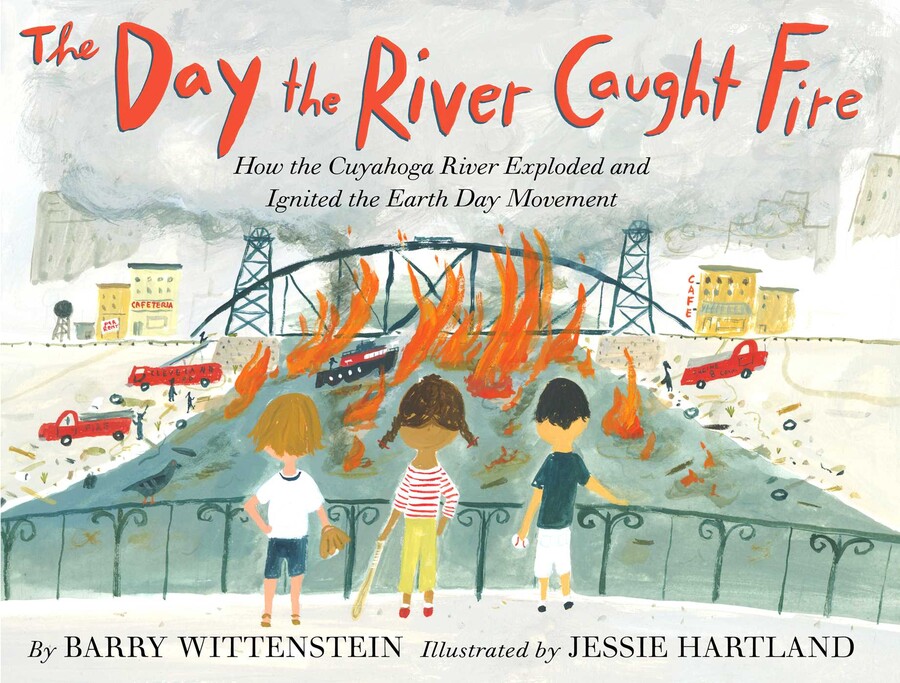
The Museum on the Moon, sneaky STEM poetry with dreamy art
I know there’s a golf ball on the moon. I also know that there’s an American flag on the moon. What The Museum on the Moon taught me, among other things, is that the flag was mounted on a metal frame to make it appear that the wind was blowing on the moon, thus providing the illusion that it was flying. The book’s subtitle, The Curious Objects on the Lunar Surface, lets you in on the fact that these tidbits exist, and it does so in the most surprising of ways, via poetry.
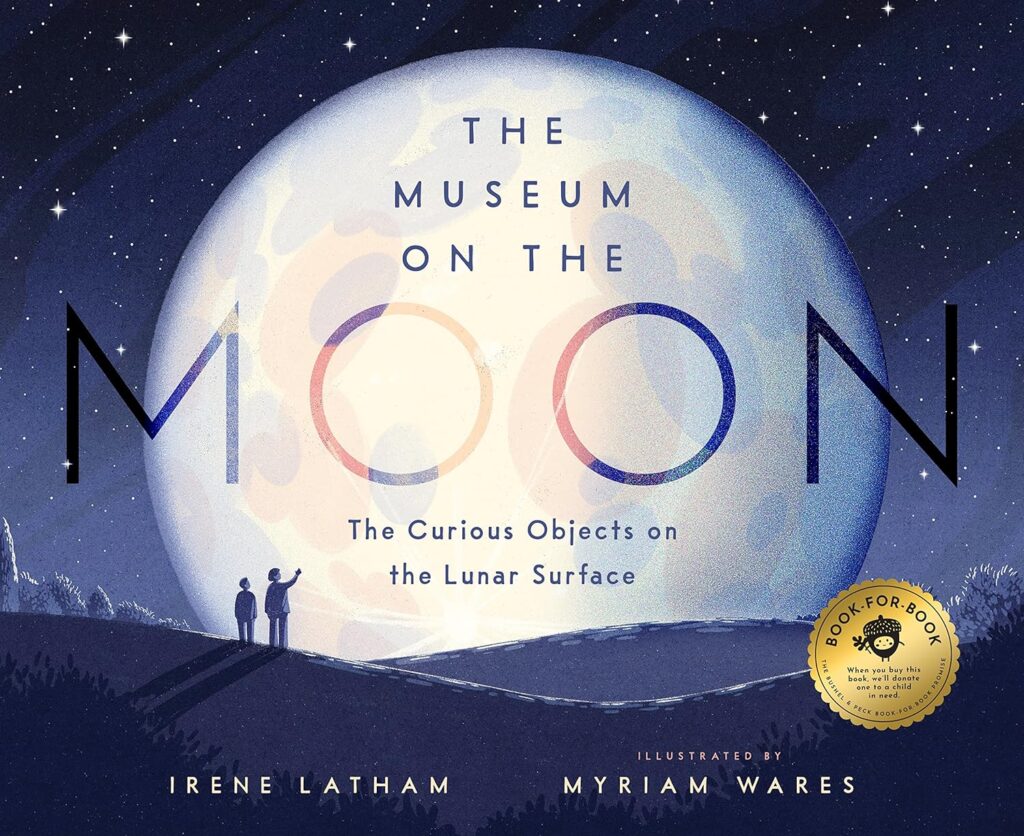
Above the Trenches, a graphic novel that edutains with ease from all angles
Having taught a couple of classes to middle school grades about World War I, I know that the subject can be confusing. The time spent on WWI for most middle school classes is very brief, with more time allowed for the Treaty of Versailles, especially for those lower grades. Those ages know about the mythos of the flying ace, even if they get hazy on who were the Allied Forces and what were the causes that led to it. Above the Trenches is a graphic novel in the Nathan Tale’s Hazardous Tales series. This entry is specifically about the flying aces that took to the skies in WWI and how they came to shape this new form of combat. Ironically, the most famous WWI pilot, the Red Baron doesn’t factor into Above the Trenches that much. Instead, the graphic novel is about the Allied Powers and their build-up of the foreign legion and the men who jumped into this relatively new mode of transportation.
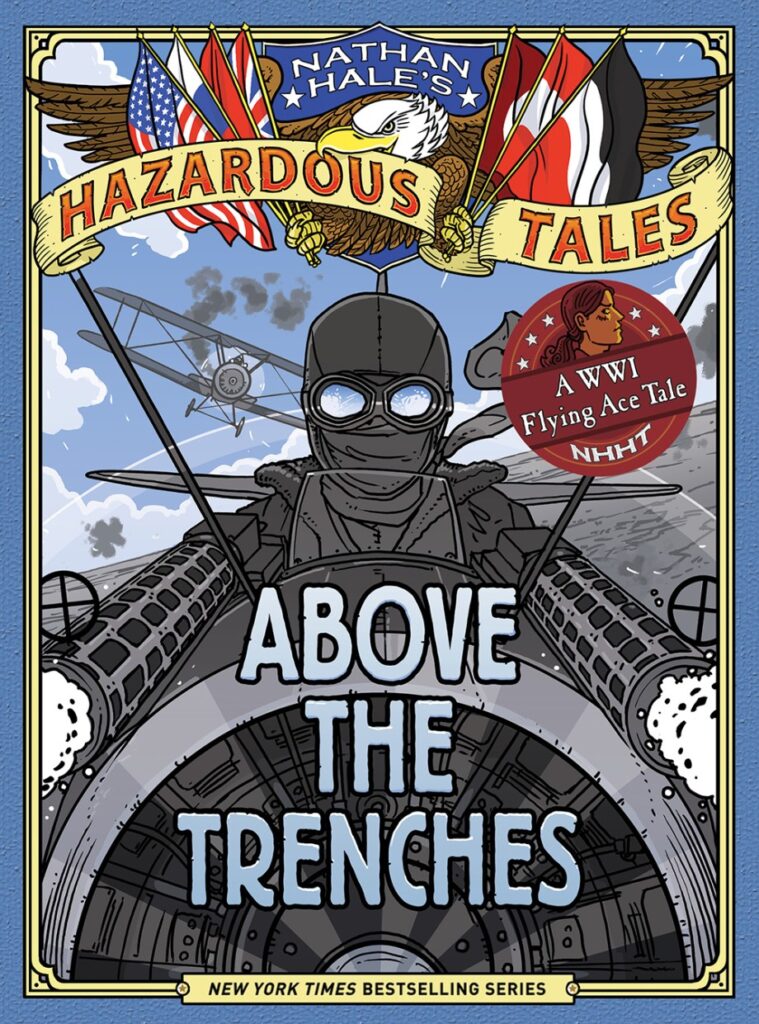
Plague-Busters! uses humor, quip-ridden text and art to make STEM fun
There is a difference between a good book and a fun book. Good books don’t necessarily have to be fun and those fun books don’t always have to be good, in a literary or personal sense. You may read some tawdry summer beach love book about teenage vampires or romantic solo vacations to the edge of the world and they are 100% your jam, and others might not view them as good, but they sure are fun. Plague-Busters! Medicine’s Battles with History’s Deadliest Diseases is a fun book that’s laden with dozens of illustrations and snappy text that makes the world’s low points accessible, without watering down their scale.
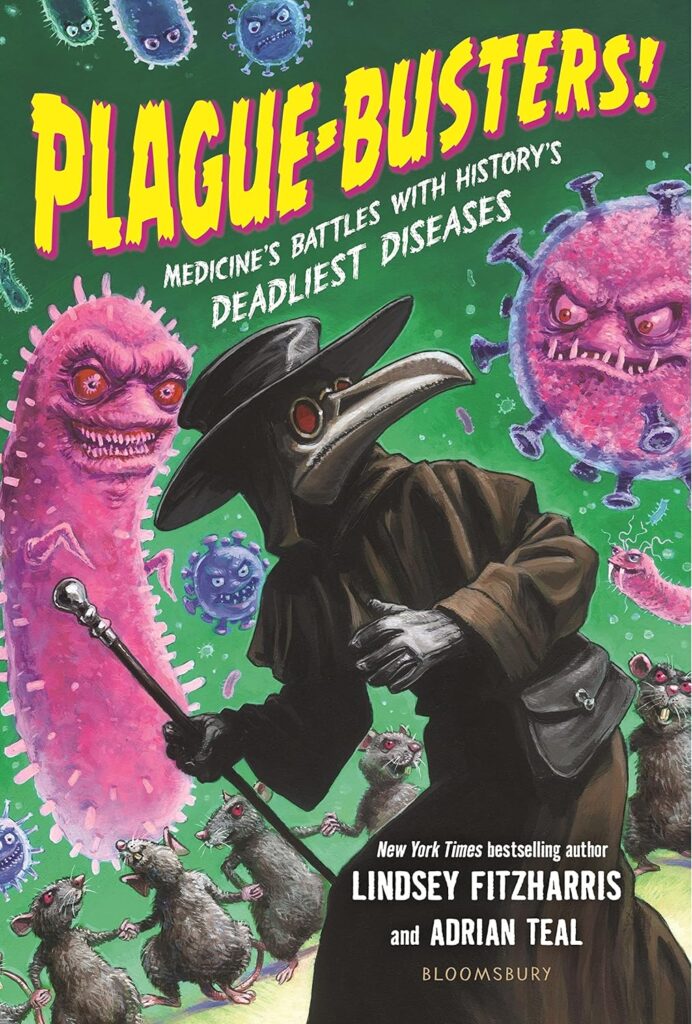
Sick!, an eye-catching, appropriate name for a gateway STEM graphic novel
If elementary school-age students latched onto the disgusting elements of science I’m convinced that more people would follow the STEM path. I also fully believe that in 2034, many actively working scientists will cite Phineas and Ferb as a main influence. Sick! The Twists and Turns Behind Animal Germs is a STEM book that’s disgusting in all of the right ways.
A smart chapter graphic novel, yeah that’s a thingA Curious Collection of Dangerous Creatures, fun learning you don’t expect
I love books like A Curious Collection of Dangerous Creatures, An Illustrated Encyclopedia. It’s an entertaining reference book with dozens of critters that I hope to never encounter and that students are intrigued by. This is the sort of book that will hook mid to upper-elementary school students who have caught the ‘animal bug’ and need to do those first essays. As a saving grace to those educators who have to read or listen to those essays, A Curious Collection of Dangerous Creatures has multiple dozens of them that they haven’t heard of before. The odds of having your educator’s eyes gloss over because you’ve heard about the Brazilian Death Beetle one too many times.
reference books need not be borning nor cookie cutter
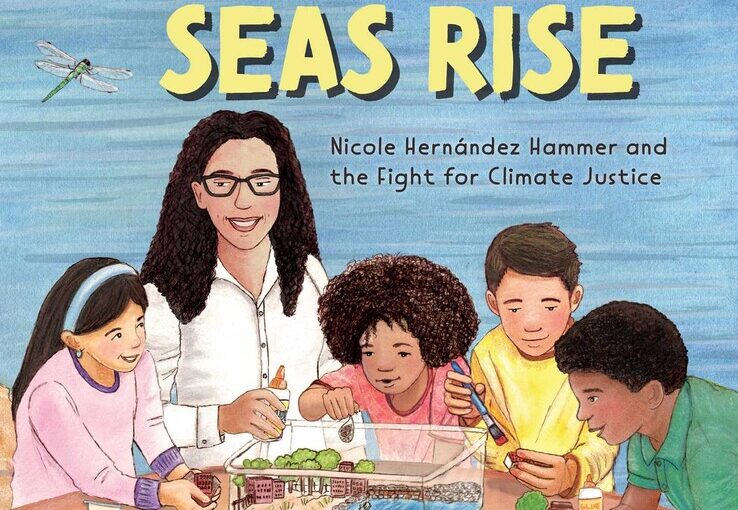
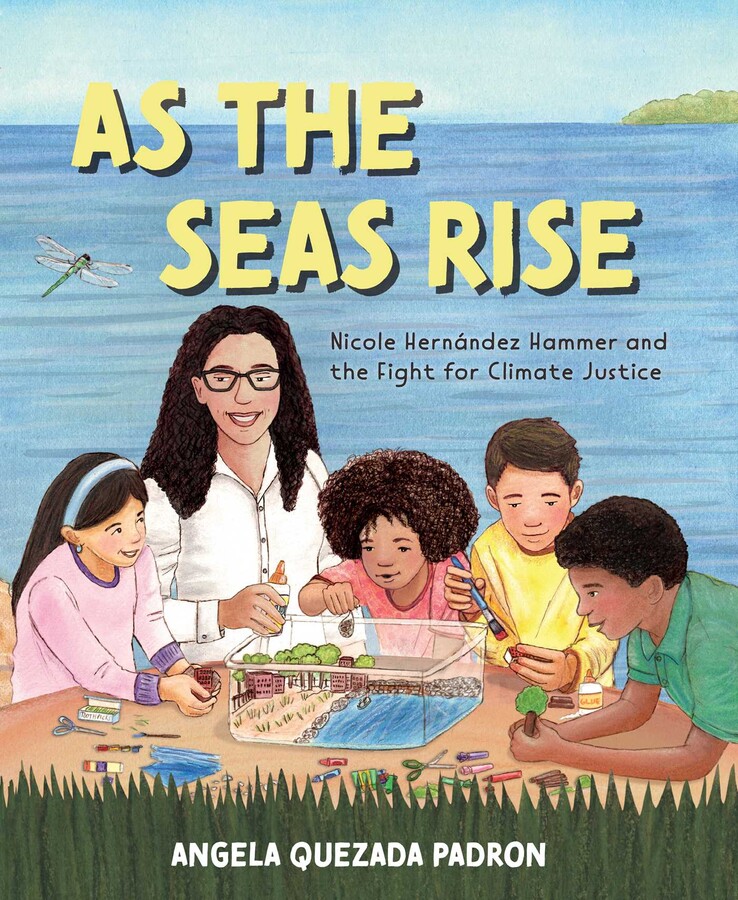
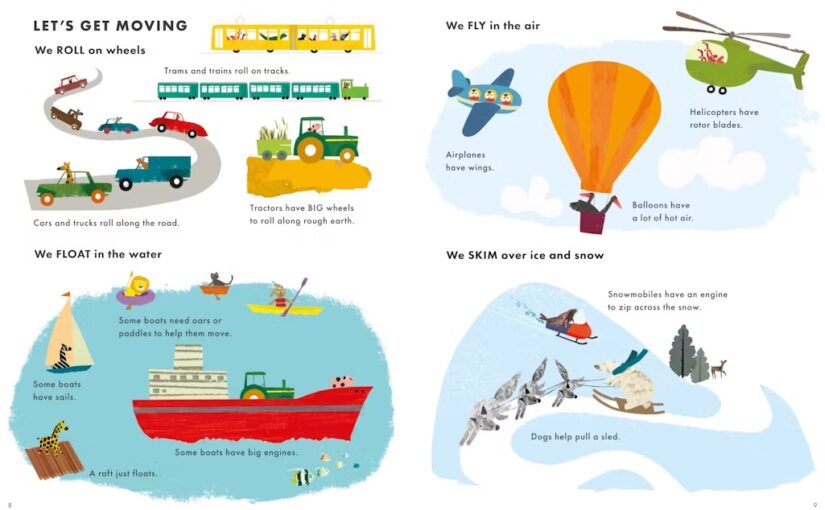
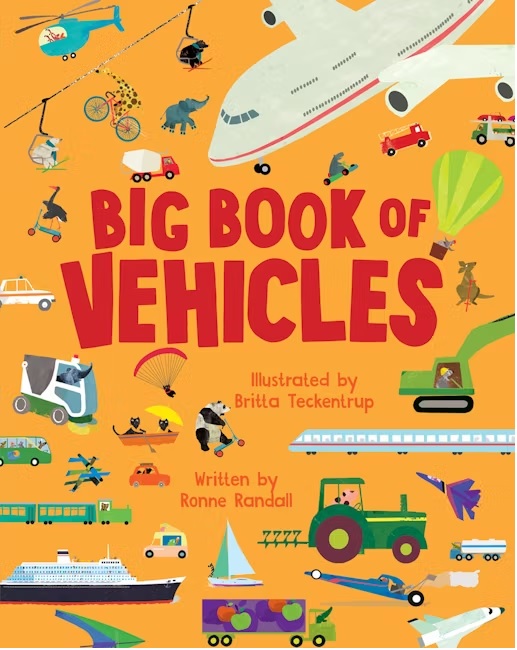
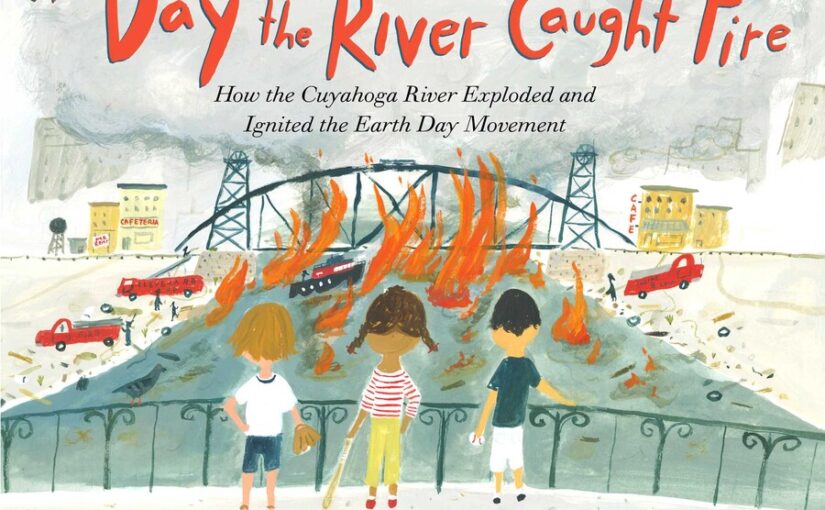
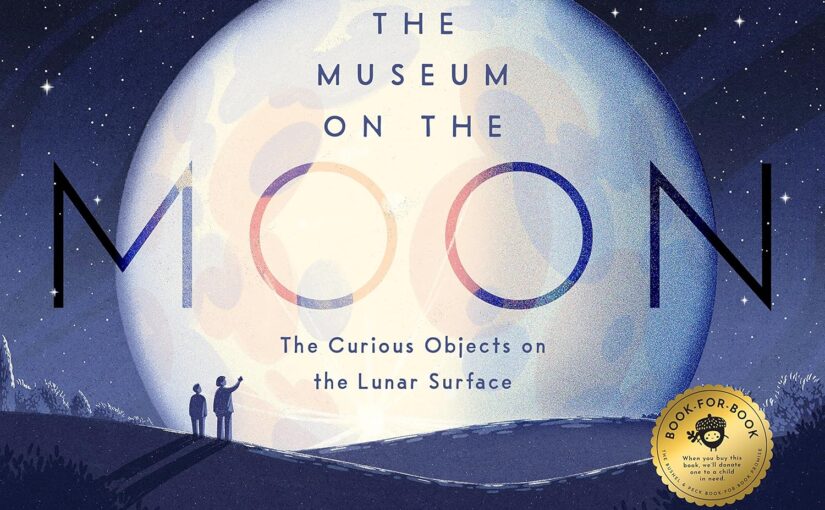
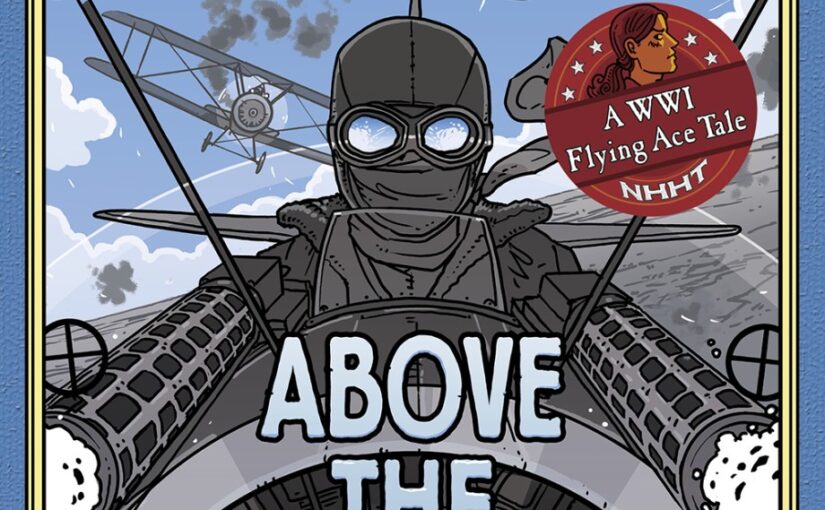
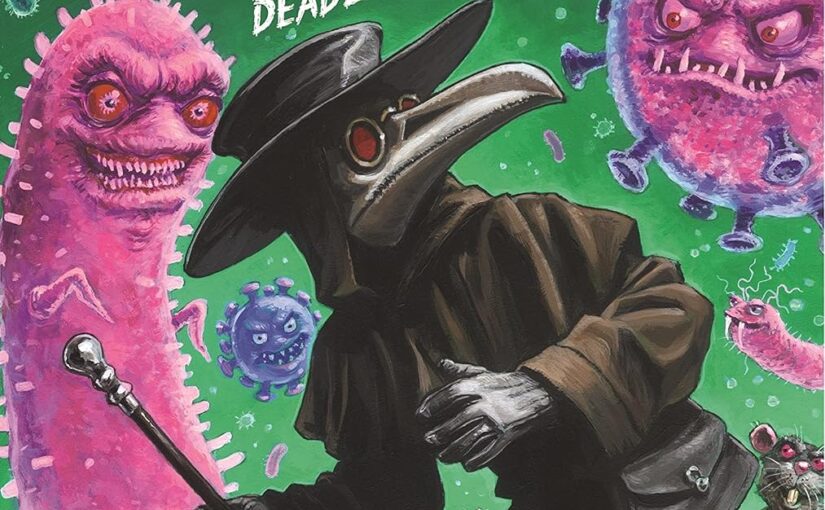
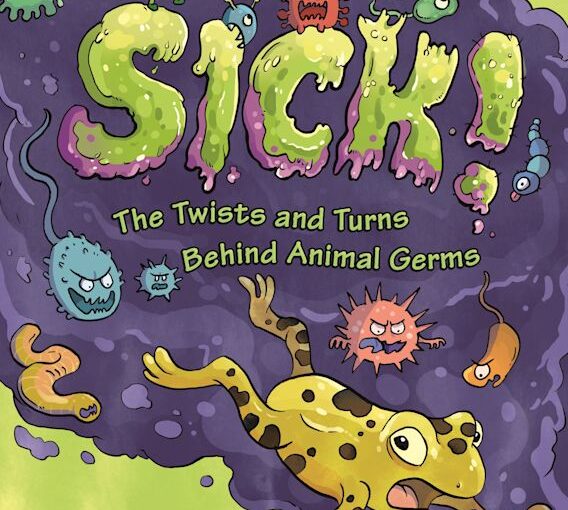
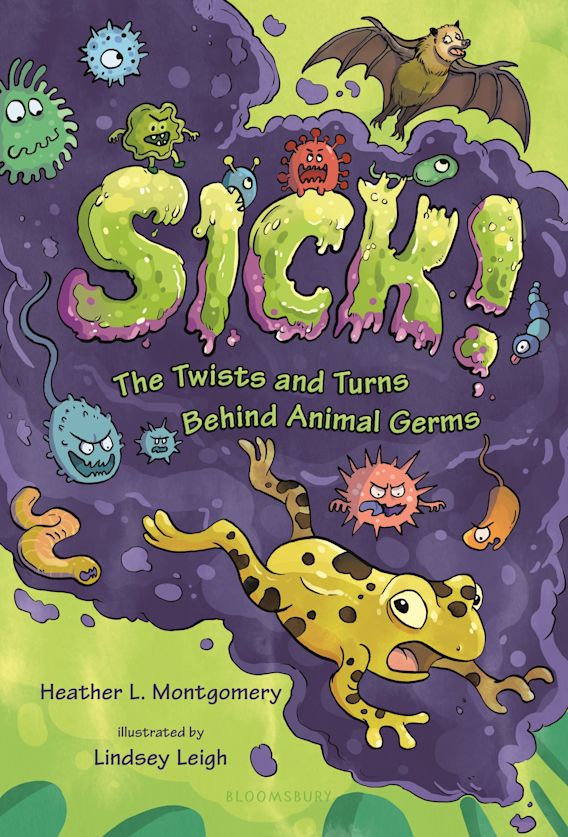
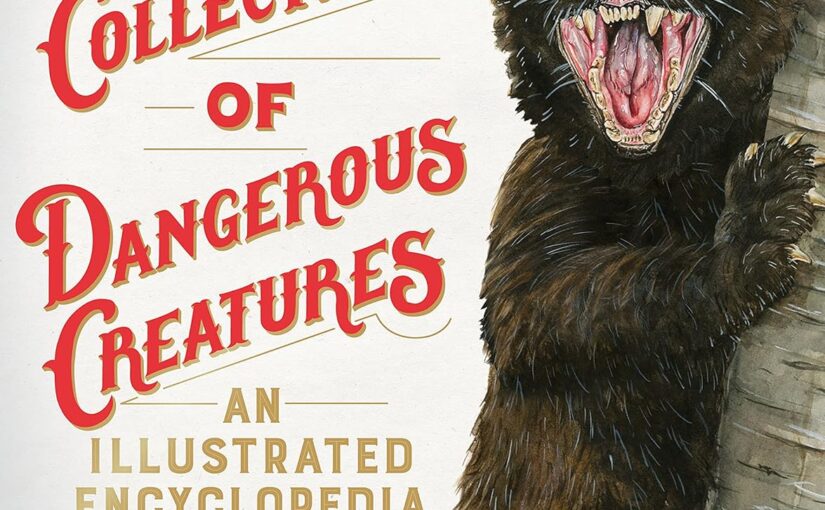
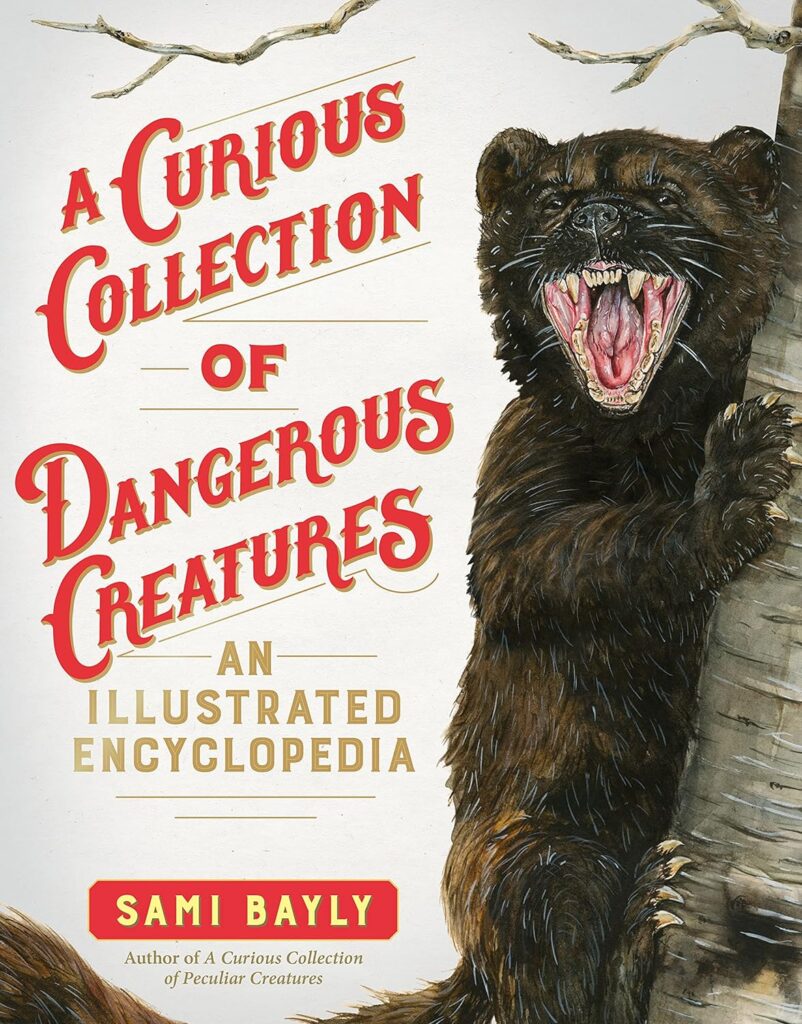


 Facebook
Facebook Twitter
Twitter Flickr
Flickr GooglePlus
GooglePlus Youtube
Youtube